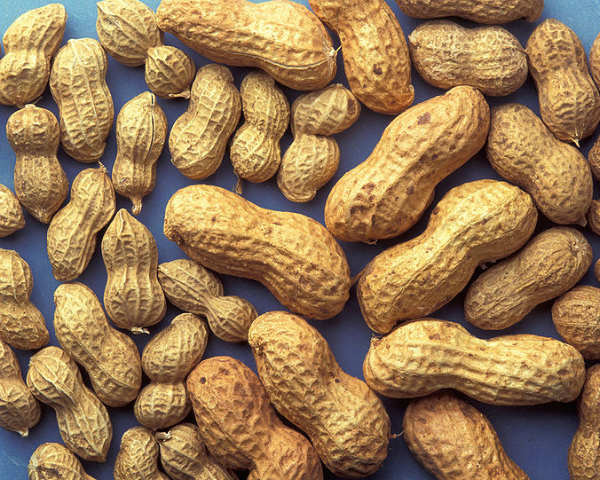Bone Marrow Transplant Cures Peanut Allergy
A 10-year-old boy who recently underwent a bone marrow transplant for leukemia finished his treatment with a surprise: Not only had the transplant cured his cancer, it also wiped out his peanut allergy.
According to NBC, the boy had been diagnosed with a peanut allergy at 15 months old. At 4 years old, he was also diagnosed with leukemia, which required a bone marrow transplant to treat. Luckily the treatment was successful at curing his cancer, and the doctors who presented his case Friday announced that the bone marrow transplant had also eradicated all signs of his peanut allergy.
"Our research found a rare case in which a transplant seems to have cured the recipient of their allergy," said Dr. Yong Luo, the lead author on the study about the boy's case.
This sort of cure is very rare, but not unheard of. In 2005 a bone marrow transplant cured the peanut allergy of a 12-year-old in the U.K., and in 1999 a bone marrow transplant cured a latex allergy in a 5-year-old. Other studies have even reported cases where patients developed previously unseen allergies after undergoing a bone marrow transplant.
Food allergies are a big concern in the U.S. Approximately 5 percent of school-age children have food allergies, according to the National Institutes of Health. Many schools have nut-free policies to prevent children with allergies from being exposed to nuts.
Bone marrow transplants are risky and invasive, so nobody is recommending them as a way of curing peanut allergies. But doctors say these cases provide clues as to how severe food allergies develop and could eventually lead to treatment options.
"This case...indicates that genetic modification during the early stages of immune-cell development in bone marrow may play a large role in causing allergy," said co-author Dr. Steven Weiss.
